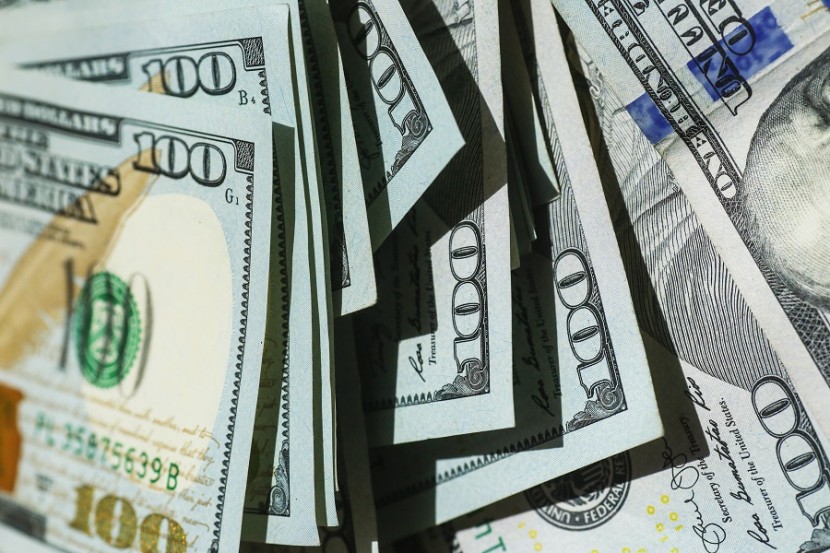
The federal government's stimulus payments are being distributed this fall at a rapid pace. The next stimulus payment, which is part of a six-part program, is due in less than a month.
That is correct, another stimulus payment is about three weeks away - the latest in a series of Child Tax Credit payments that will be made every month through December. The previous check in this round was issued last week, and it transferred a total of $15 billion to taxpayers from the federal government. As a reminder, here's what is in the next check and who will be getting one.
The official start date for the second round of direct deposits in bank accounts is October 15. Anyone who chooses to get a paper check will have to wait a few days for it to arrive in the mail, as with the other installments in this series.
These six checks essentially represent an advance payment of half of the federal child tax credit. Usually, an eligible family would get this benefit when they submit their federal tax return the following year.
However, because of the ongoing pandemic, Congress has set up a way for individuals to get part of that benefit right now. The maximum credit for qualified parents was likewise increased by Congress, from $2,000 to $3,600, as per BGR via MSN.
Will Social Security beneficiaries get stimulus checks?
While the prospects of a fourth stimulus check reaching the millions of families who had got the previous three are dwindling, grassroots enthusiasm for a new, more targeted check is growing.
The Senior Citizens League (SCL), a group that works for senior rights, claims that the federal government should transfer $1,400 to Social Security pensioners whose disposable income has plummeted due to the pandemic.
The payments are the only source of income for many of the more than 64 million people who receive Social Security. One out of every six Americans and four out of every five seniors fall into this category.
The SCL conducted a study in which seniors were asked to report their purchasing patterns and economic worries to understand better how seniors, particularly those who rely on Social Security payments, fared during the pandemic.
During the poll, a quarter of seniors said they went to a food bank for help because they couldn't buy groceries due to rising prices. This was regarded as "highly disturbing" by Mary Johnson, a policy analyst with SCL, who said it illustrated "the terrible position faced by households of individuals who rely on Social Security for the majority of their income when food costs leap into overdrive."
While a cost-of-living adjustment is set to be announced next month, with many expecting it to be historical in scope, supporters think it will not fix the problem, AS.com reported.
A $1,400 stimulus check may help many families get their heads above water by covering housing, medical, and food expenses. It would also relieve some of the agonies and worry that many seniors are experiencing, with 25% reporting going without food to stretch their monthly budget.
Stimulus Payments for families with children aged 18-24
The Child Tax Credit, which was increased for 2021 to include a series of cash payments as part of President Joe Biden's massive economic stimulus plan passed in March, is generally only accessible if you have children aged 17 and under.
Per Yahoo Finance, for families with children aged 18 to 24, a one-time payment of $500 is available, which may be used as a tax refund when you file your return next spring. The IRS has outlined a few requirements for eligibility:
- A child under the age of eighteen must be listed as a dependent.
- Children aged 19 to 24 must be enrolled full-time in college.
- A Social Security number is required for each child.
These payments are subject to the same income restrictions as the enhanced Child Tax Credit. If you make more than $75,000 as a single tax filer or $150,000 as a married couple filing jointly, the money begins to phase off.
The income requirement for head-of-household filers is $112,500. You may apply for the $500 credit even if you don't typically file taxes utilizing the IRS Child Tax Credit non-filer sign-up tool.
Related Article: Fourth Stimulus Check Coming This Week To Millions of Americans; Here's Who Will Get One!
© 2025 HNGN, All rights reserved. Do not reproduce without permission.








